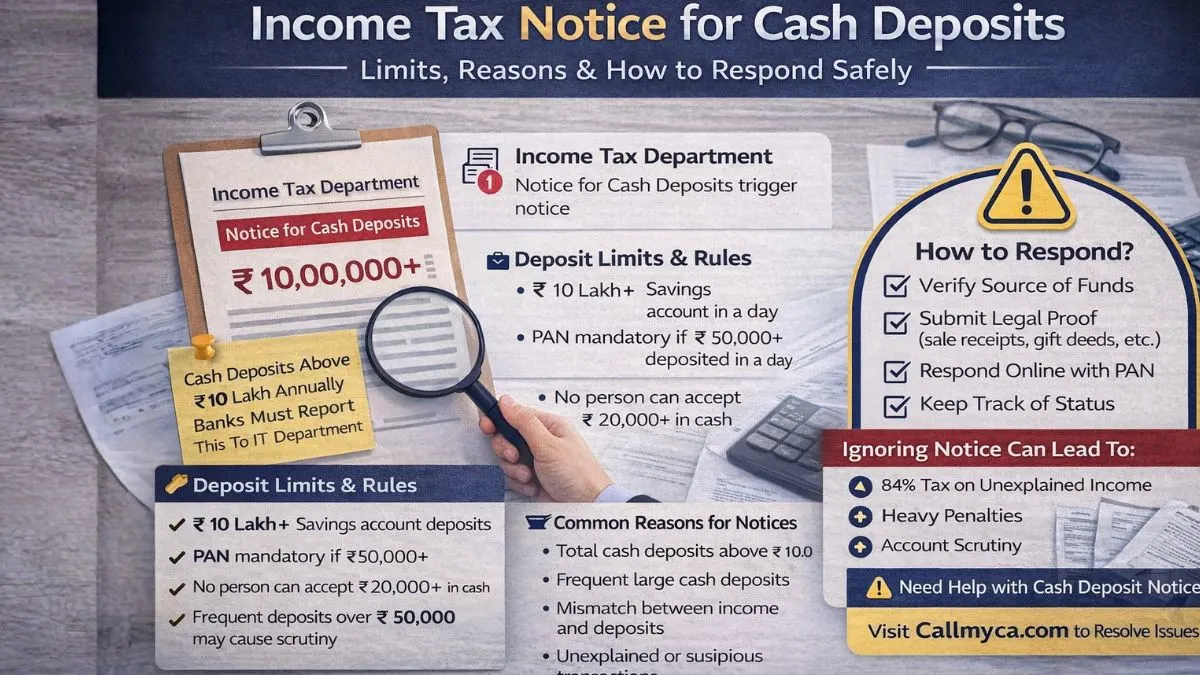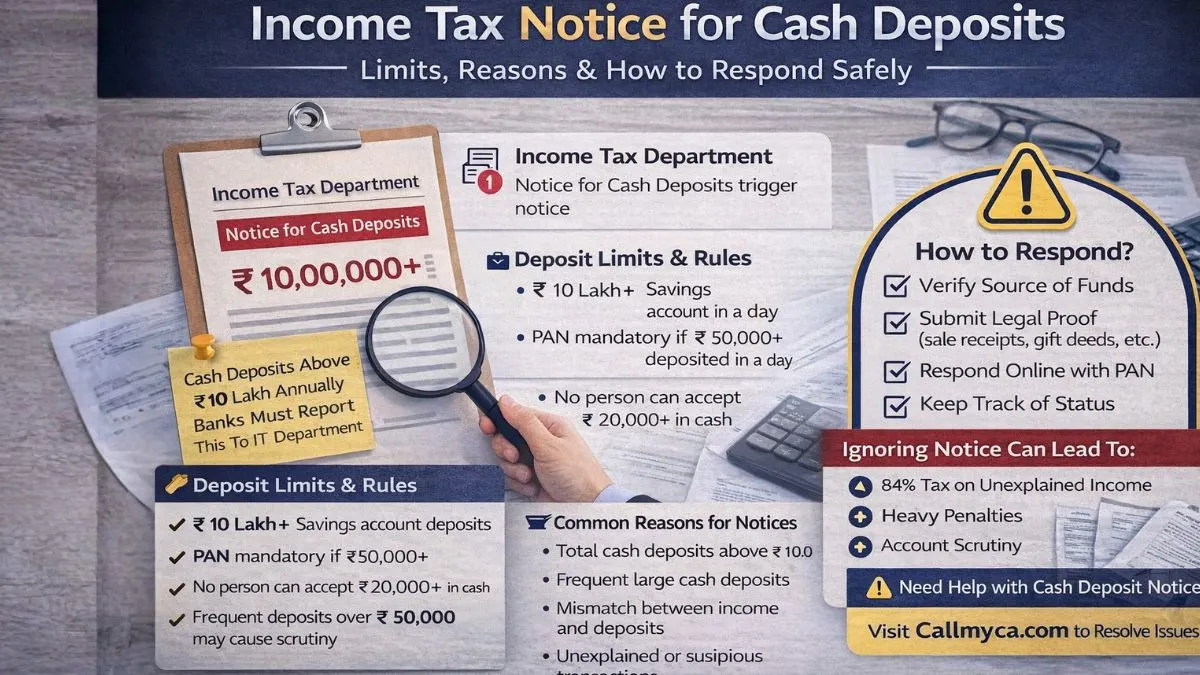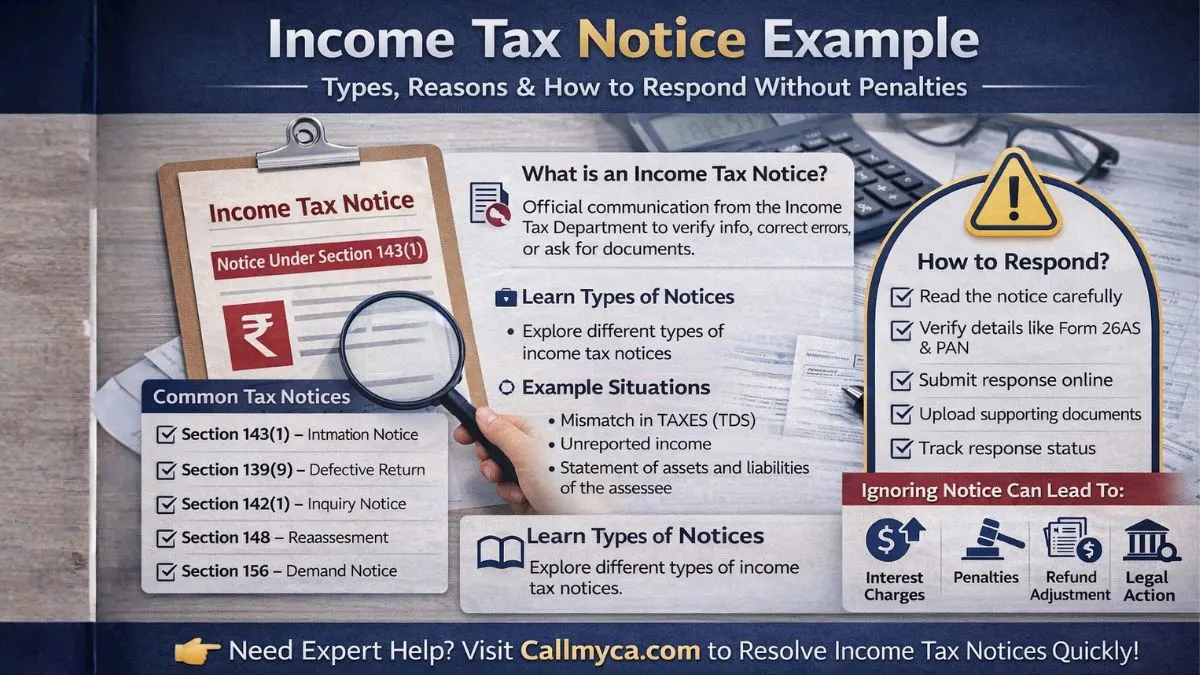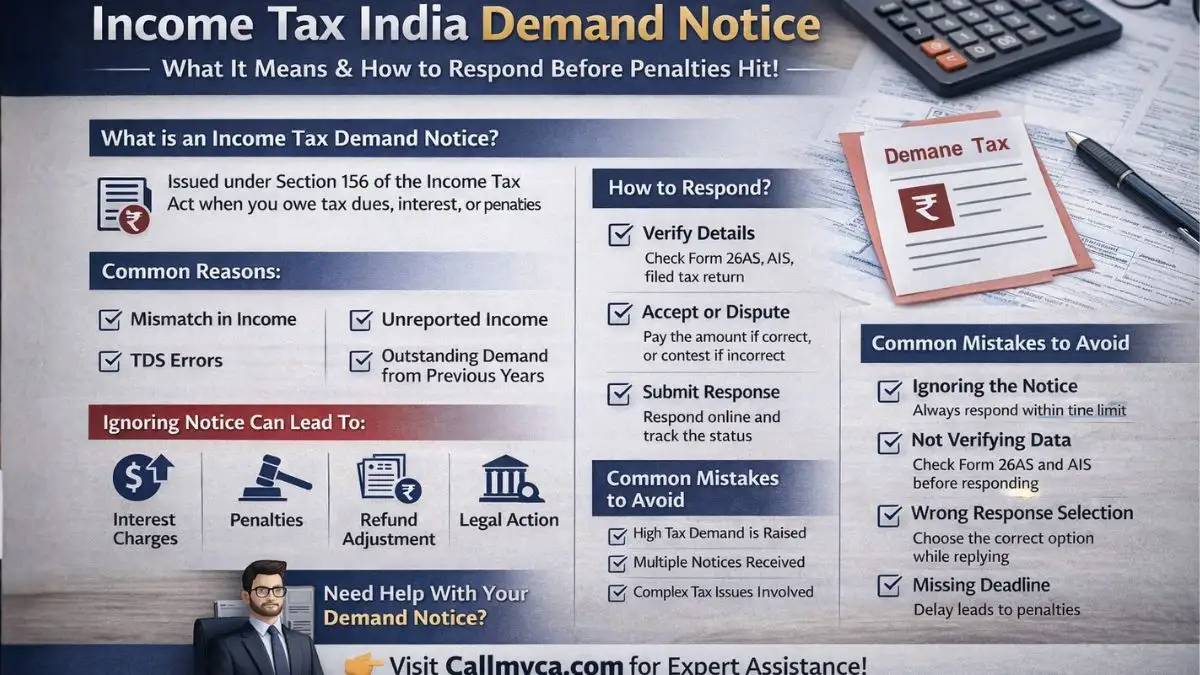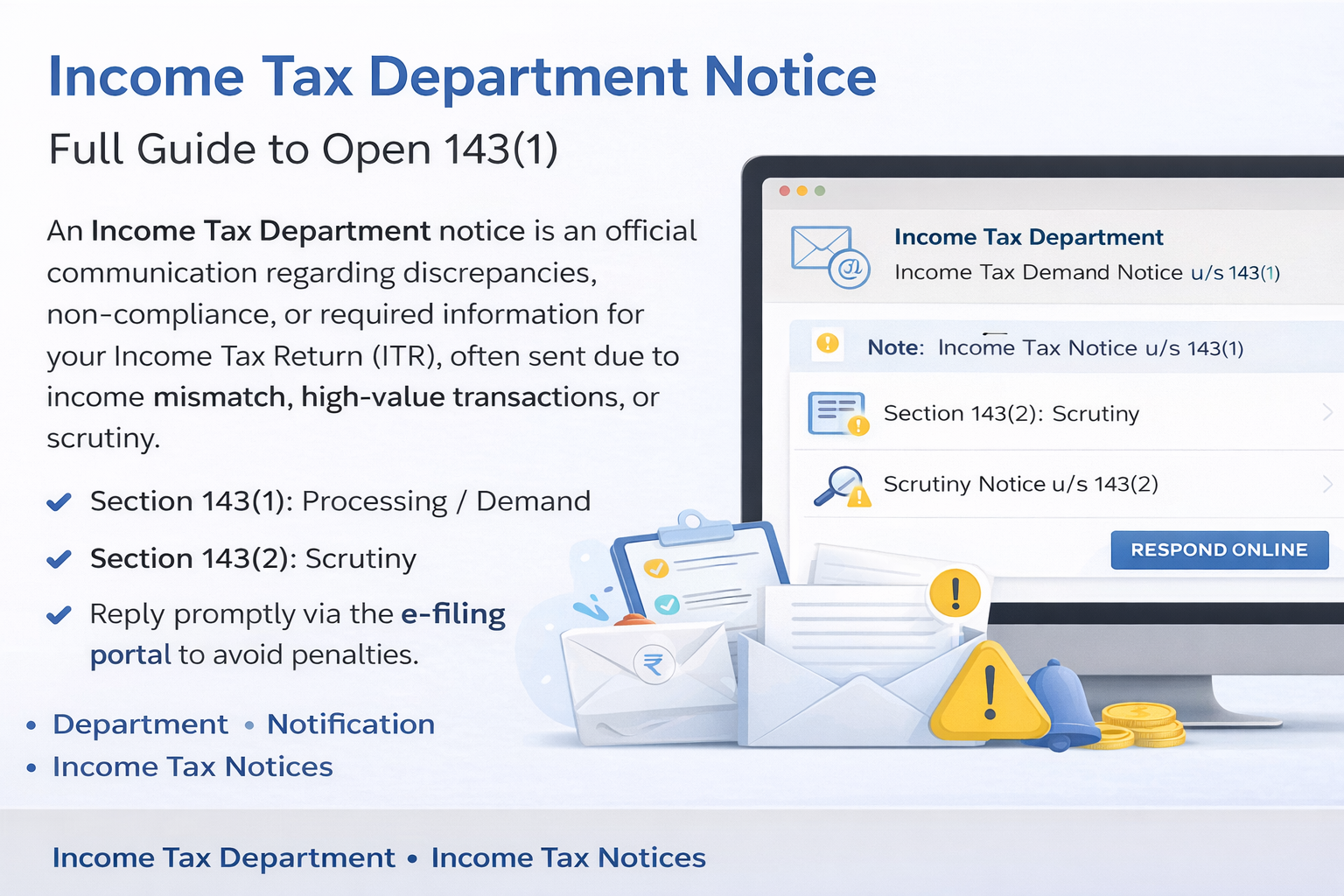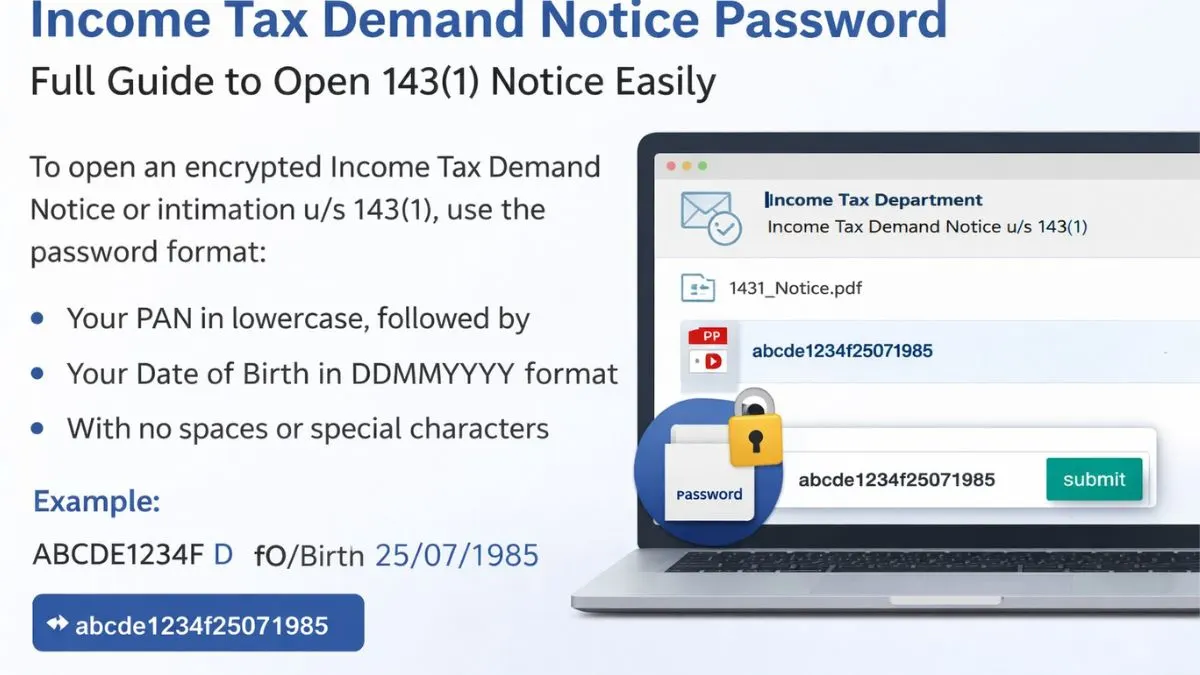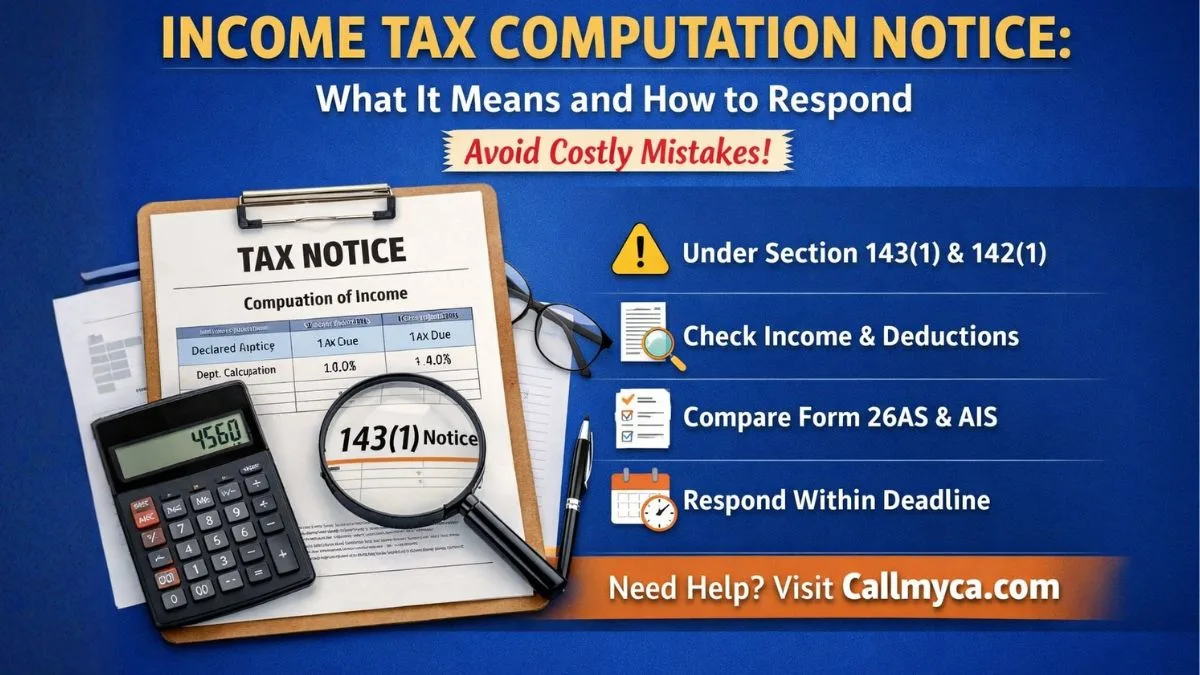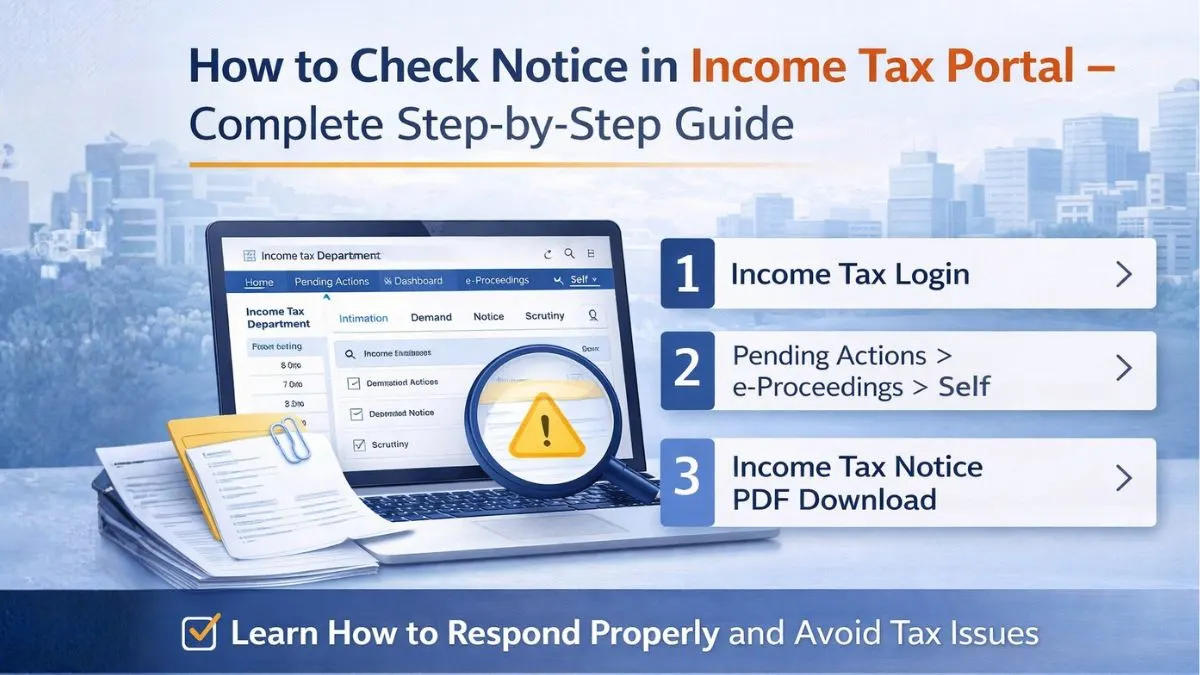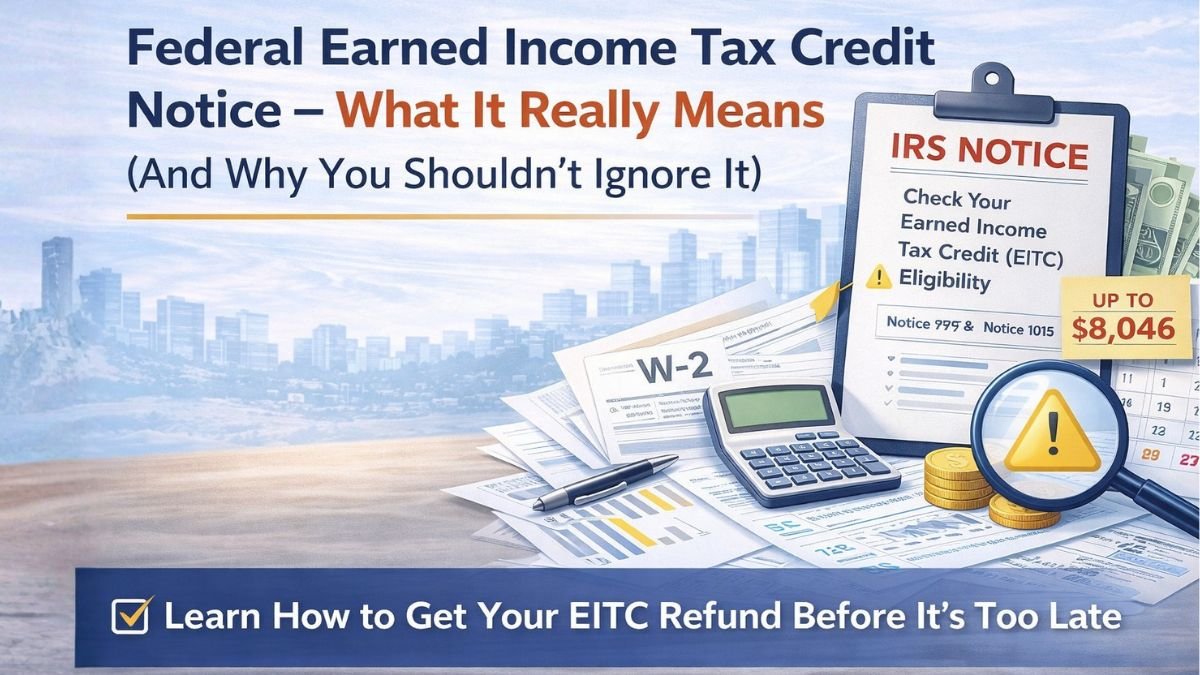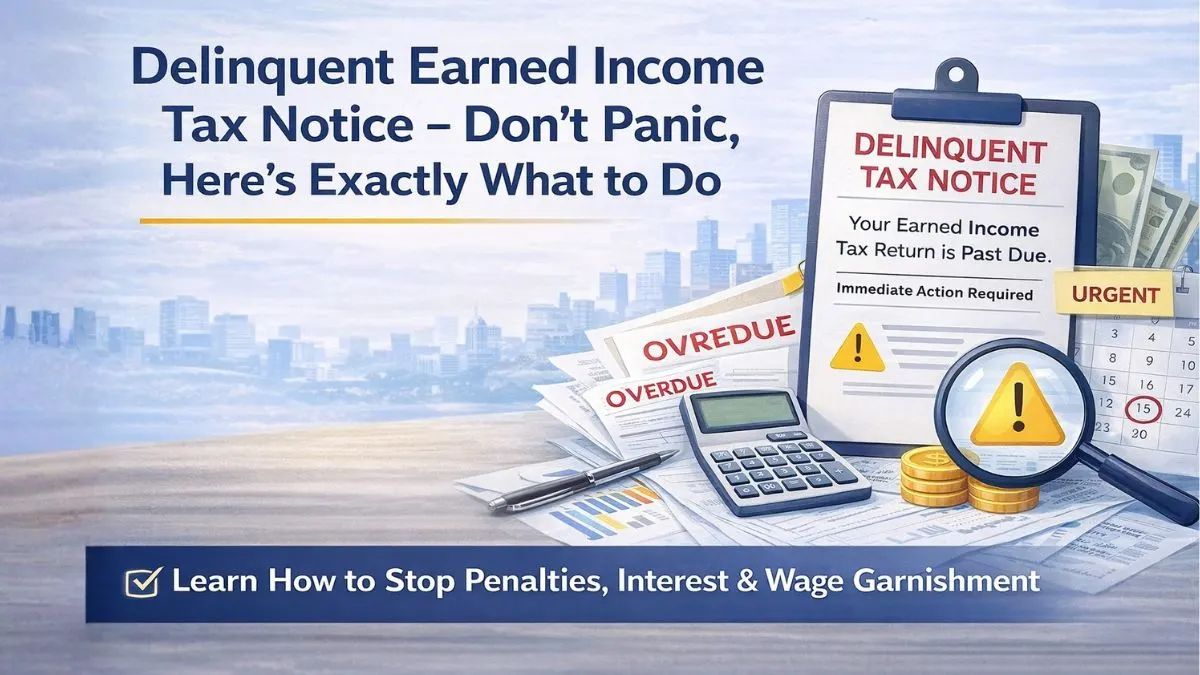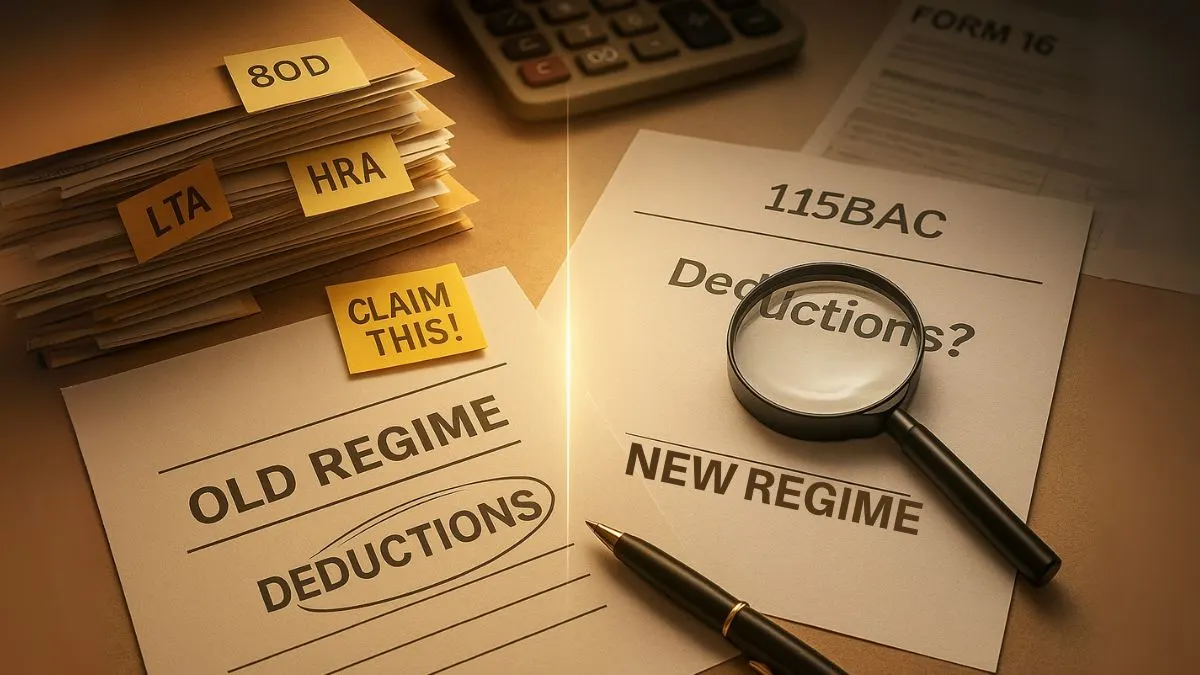
If you’re planning to opt for the new tax regime while filing your income tax return for FY 2024–25 (AY 2025–26), you’re not alone. With reduced tax slabs and seemingly simplified rules, the new regime is increasingly becoming a preferred choice for many salaried taxpayers, professionals, and pensioners.
But the real confusion begins when you try to figure out which deductions are still allowed and which ones have been removed.
So let’s clear the air—what deductions can you claim under the new tax regime, and what happens to interest paid on a house property loan?
First, A Quick Recap of the New Tax Regime
The new tax regime, introduced under Section 115BAC of the Income Tax Act, offers concessional slab rates compared to the old regime. But there’s a catch—it forgoes over 70 deductions and exemptions, including popular ones like Section 80C, 80D, HRA, and LTA.
However, the regime has now undergone some thoughtful changes to make it more attractive.
What Deductions Are Allowed Under the New Tax Regime in FY 2024–25?
Though many deductions have been removed, some key tax-saving options still exist. Here’s what you can still claim:
- Standard Deduction
Starting from FY 2023–24, the government announced that the new tax regime allows a higher standard deduction of Rs. 75,000 (compared to the previous Rs. 50,000).
This higher standard deduction is available to:
- Salaried individuals
- Pensioners
This is a flat deduction, meaning you get it regardless of your actual expenses. It lowers your taxable salary directly and makes the new tax regime more competitive.
- EPF Contribution by Employer
If your employer contributes to your EPF, NPS (up to 10%), or superannuation fund (up to ₹1.5 lakh), these remain exempt under the new regime.
- Interest on House Property Loan (Rental Property Only)
Here’s some good news—interest on house property loan on rental property is still deductible even under the new tax regime.
If you’ve taken a home loan to purchase a rented-out property, the interest paid on such a loan is allowed as a deduction under the head “Income from House Property.”
But there’s a twist:
- You can set off a loss of up to ₹2 lakh from rental income under this head.
Still, this means real estate investors with home loans can continue to reduce their tax liability in the year of occurrence, making rental property a tax-efficient investment under the new regime.
Also Read: ITR-3 Filing Simplified: From Chaos to Clicks in 10 Minutes
What Deductions Are NOT Allowed Under the New Regime?
Here are common deductions you cannot claim under the new regime:
- Section 80C (e.g., PPF, ELSS, life insurance, principal repayment on home loan)
- Section 80D (medical insurance)
- HRA (House Rent Allowance)
- LTA (Leave Travel Allowance)
- Section 24(b) for interest on self-occupied property loan
So, if you heavily depend on 80C or 80D deductions under the old system, you may want to do a comparison before switching.
Should You Opt for the New Regime?
It depends on your income structure.
✅ Choose the new tax regime if:
- You don't claim too many deductions/exemptions
- You have rental income and housing loan interest
- You prefer a flat-rate system and easy compliance
❌ Stick to the old tax regime if:
- You max out 80C, 80D, HRA, and other deductions
- You have a self-occupied home loan
- Your employer allows tax-saving components in salary
Comparison Snapshot
|
Particulars |
Old Tax Regime |
New Tax Regime (FY 2024–25) |
|
80C, 80D, HRA, etc. |
Allowed |
Not Allowed |
|
Standard Deduction |
₹50,000 |
₹75,000 |
|
Home Loan Interest (Rental) |
₹2 lakh allowed |
₹2 lakh allowed |
|
Home Loan Interest (Self-use) |
₹2 lakh allowed |
Not Allowed |
|
Tax Slabs |
Higher |
Lower |
Final Thoughts
While the deductions under the new tax regime remain unchanged for some benefits like standard deduction and rental loan interest, most popular exemptions are removed. However, with a higher standard deduction of Rs. 75,000, simpler compliance, and reduced tax rates, the new regime is gaining traction, especially for those who want a no-fuss approach.
Before filing, calculate both options and decide what saves you more.
Confused about which regime suits you best or how to file your ITR under the new regime?
Let our expert Chartered Accountants at Callmyca.com help you make the smartest move.

